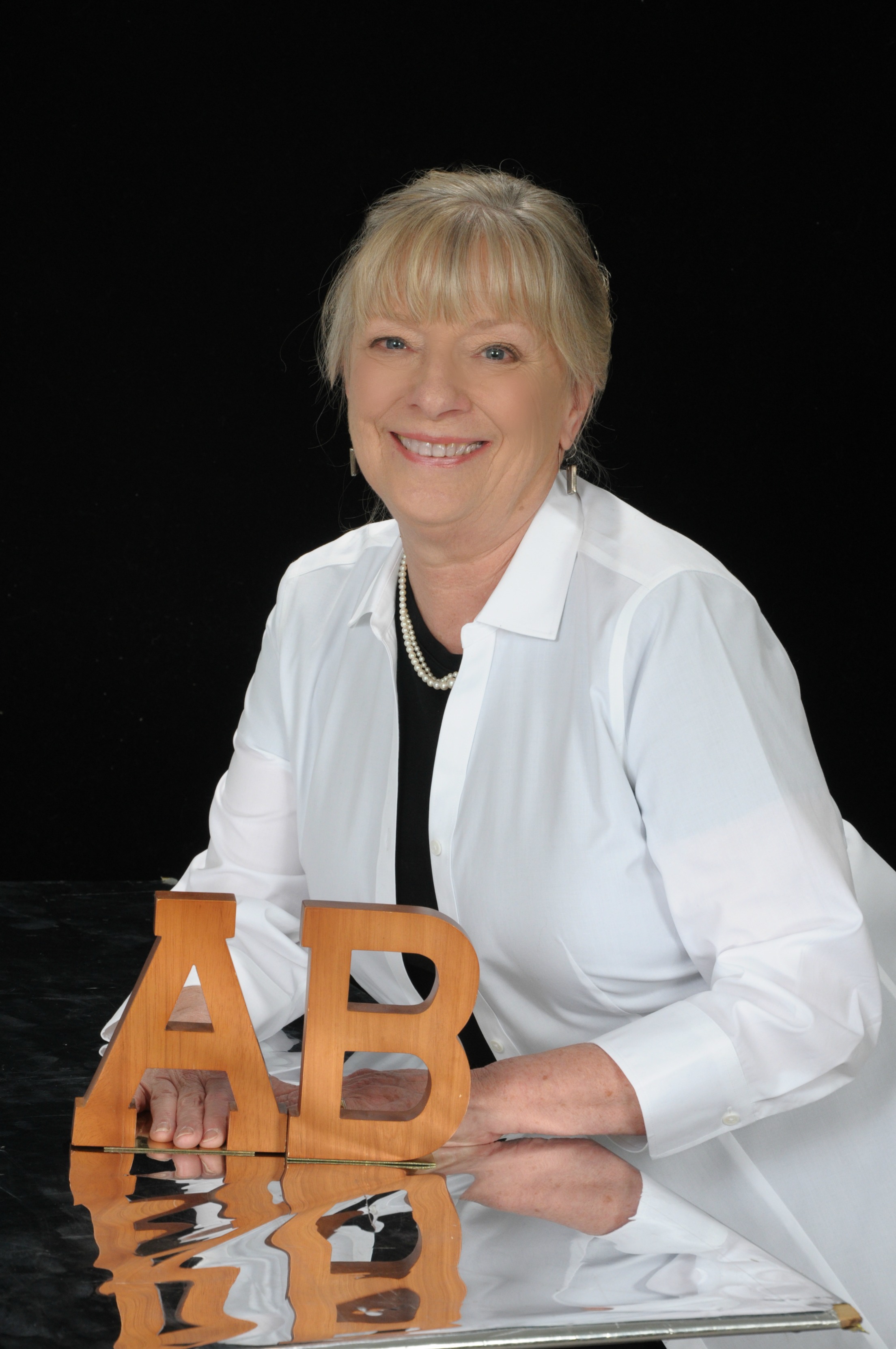According to Wikipedia, this term is a combination of four ancient Greek words for the ear, the nose, the larynx, and the word “study.” It defines a medical doctor with advanced training in these three organs. Lay people usually avoid the term and commonly say they’re seeing an ENT doctor.
That’s what Earl and I did this morning. After introducing himself, Dr. J. launched into med-speak. For as small as the ear is in the overall size of the body, it’s prone to cholesteatoma, opacification, segment dehiscence, and dystrophic mineralization.
It got me to wondering why ENT doctors’ vocabulary includes such long words. Google® had no answer. But after pondering, I’ve decided it’s because this medical specialty treats three of our five senses: hearing, smell, and taste. Seeing has its own specialty: ophthalmology. And our largest sensory organ, the skin, has its own: dermatology.
I don’t believe the ear, the nose, and the throat are lumped together because they are less significant. Rather, these three organs are linked in a variety of ways that makes their collective study the right way to go. For instance, as Dr. J. said, “The back of the ear is part of the front of the jaw.” Perhaps this is why the terminology is so dense.
As for us, we’re sticking with calling Dr. J. our ENT guy. We see him again next week.







Leave a Reply